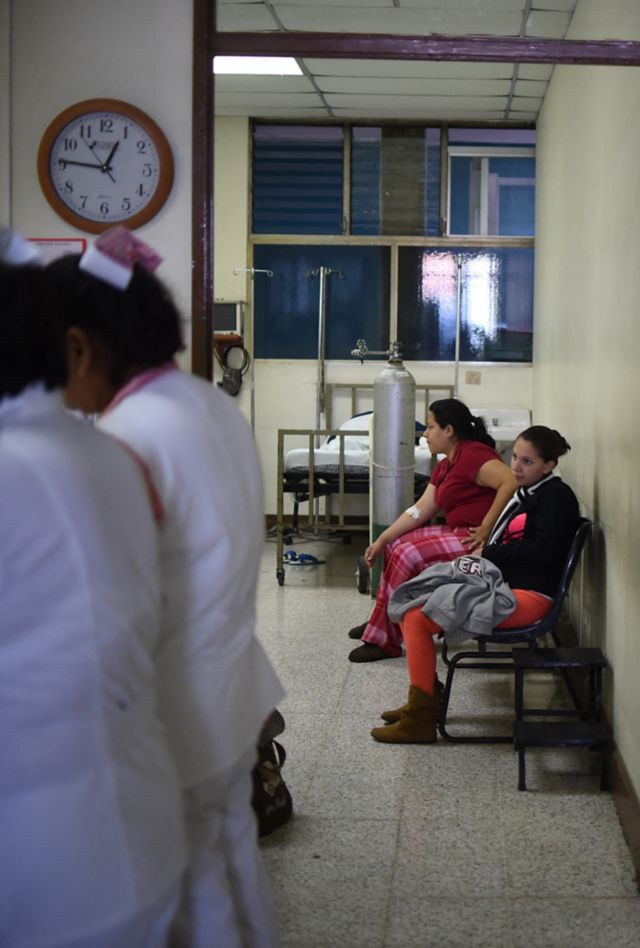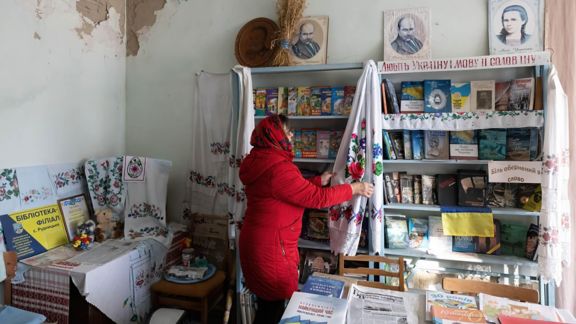Final Evaluation of the Salud Mesoamerica Initiative

Problem
Data was needed on Salud Mesoamerica Initiative’s impact on child and maternal health inequalities.
Maternal and child health inequalities persist in Mesoamerica, particularly among the poorest 20 percent of the population. Limited access to quality health care services—including reproductive services, maternal and child health care, and immunizations—contributes to poor health outcomes in these vulnerable communities.
To address these challenges, strengthen overall health systems, and improve the quality and use of reproductive, maternal, neonatal, and child health, the Salud Mesoamerica Initiative (Iniciativa Salud Mesoamérica, SMI) employed a regional, 10-year public-private partnership to establish a results-based financing model that provided initial funding for evidence-based health care interventions. This partnership brought together governments, private foundations, the Inter-American Development Bank (IDB), and other donors to support interventions in Belize, Costa Rica, El Salvador, Guatemala, Honduras, Nicaragua, Panama, and Chiapas, Mexico. After the program ended in 2022, the IDB pursued a rigorous evaluation of the project’s effectiveness and sustainability.
Solution
NORC used mixed methods to assess the effectiveness and sustainability of SMI interventions.
The IDB asked NORC to undertake a final summative evaluation of SMI. Our evaluation analyzed quantitative data previously collected by the Institute for Health Metrics and Evaluation (IHME) with new qualitative data collected by us. To calculate pre- and post-intervention changes, we used quantitative data from households and health facilities in all eight countries. We estimated program causal impact by comparing data from intervention areas to non-intervention areas in Nicaragua, Honduras, Guatemala, and Chiapas, Mexico. We collected qualitative data in Belize, El Salvador, and Honduras via:
- 69 key informant interviews with representatives from Ministries of Finance and Health, the IDB, donors, local health departments, hospitals and health center staff
- 27 focus groups with community health workers, midwives, mothers, and their partners or family members.
Our comprehensive approach also included a context-mechanism-outcome framework to examine what works, for whom, and in what circumstances. This framework emphasizes the context of implementation and specific interventions that aim to influence mechanisms of maternal, neonatal, and child health (MNCH) to achieve intended outcomes.
Result
NORC's findings help inform strategies for reducing health inequalities in low-resource settings.
Our rigorous evaluation:
- Quantified the initiative’s impact on health service performance, coverage, and quality
- Assessed COVID-19's effects on MNCH services
- Identified successful intervention components and areas for improvement
- Assessed the sustainability of SMI’s interventions
- Examined the role of the IDB as a change agent
- Provided actionable recommendations for future health and development programs
By doing so, we provided policymakers and researchers in the global development sector with insights that can potentially influence the design and implementation of future health initiatives worldwide.
Related Tags
Project Leads
-
Alicia Menendez
Senior FellowPrincipal Investigator -
Alejandro Ome
Principal Research ScientistQuantitative Analysis Expert -
Carlos Echeverría-Estrada
Research ScientistMixed-Methods Specialist -
Ingrid Rojas
Senior Research ScientistProject Manager










